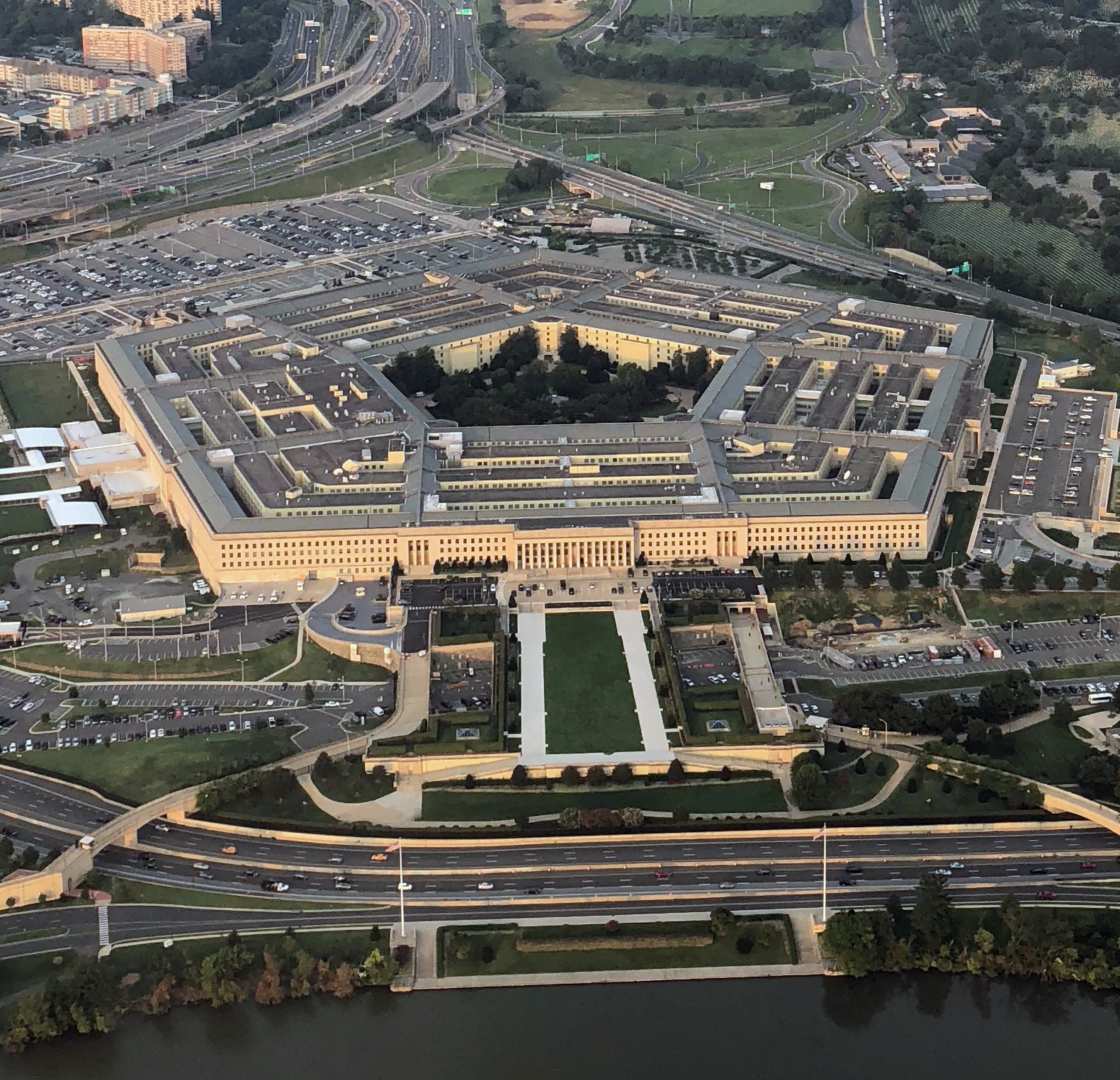
20 Feb Choice, Control, Clarity: Appeals Modernization For Military Veterans
The Appeals Modernization Act (AMA) of 2017 gave Veterans more options on how to disagree with a VA claim decision. Giving Veterans more choices has become a top priority for The VA.
Cheryl Mason, the Chairman of the Board of Veterans’ Appeals, joined Ashleigh Barry on a special segment of VA News to take a deeper look at the modernized appeals process, discuss some early positive signs from the implementation of AMA, and to announce that Military Veterans should expect to see telehealth technology incorporated into the appeals process sometime in 2020.
“The Appeals Modernization system was designed to give Military Veterans three things: choice, control and clarity of their claim’s appeals process. This means they have options and they’re no longer stuck in a situation,” said Mason.
Under AMA, Veterans can choose from one of three lanes to have their decision reviewed: (1) supplemental claim; (2) higher-level review; or (3) appeal to the Board of Veterans’ Appeals. If a Veteran chooses to appeal to the Board, they can choose from one of three dockets: (1) direct review; (2) evidence submission; or (3) hearing request.
Which lane option should Veterans choose? “We always advise Veterans to work with their representative…,” Mason said. “While we have made it easier, it’s still a little confusing to Veterans because it is different. Veterans representatives can really advise them on what they need to do.”
Going virtual
Nationwide availability of virtual hearing technology is rapidly emerging. Mason discussed how virtual hearings provide Veterans with increased access and improved customer service regarding their claims.
“Much like you see with the telehealth process right now, where you see Veterans use their phones, their computers, their iPad to talk to a doctor, you’ll be able to talk to a judge–and that’s actually happening right now,” said Mason.
The Board started testing virtual hearings in July of 2019. The positive results that were rendered from the test showcased the need for virtual hearing technology in 2020 and the coming years. . “You won’t have to travel 4-6 hours across the state to come to a hearing, or, if you’re not in a situation where it’s healthy for you to travel you don’t have to do that, you can do it at home,” Mason added.
Virtual hearings may also have an impact on the Veteran’s well-being, as it may take away some of the mental stress Veterans face when going through the appeals process. “It’s something that is very important to me personally. I’m very engaged in the mental wellness and suicide prevention process with PREVENTS… if [a virtual hearing] means making the hearing process comfortable for them, that’s what we want to do,” Mason added.
Click Here To Use The Free Benefit Tool & Receive Your Free Case Evaluation
For more information about the Board and its progress on appeals modernization:
VA News, and other engaging content, is available on televisions at select VA medical centers across the country and via simulcast on the Veterans News Network.


